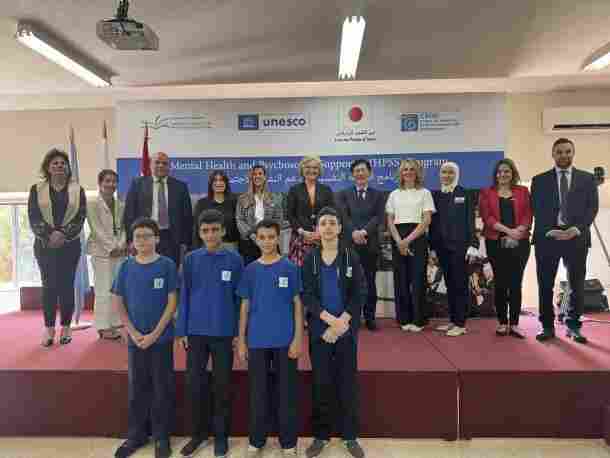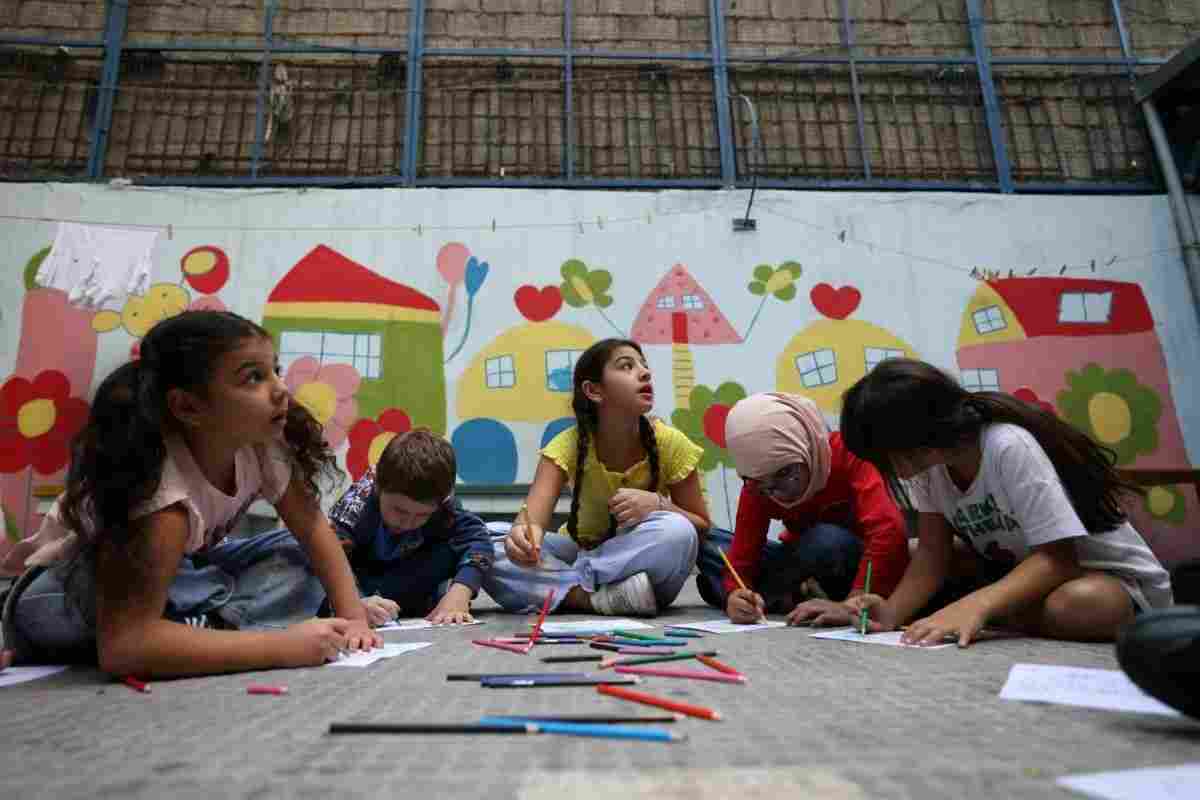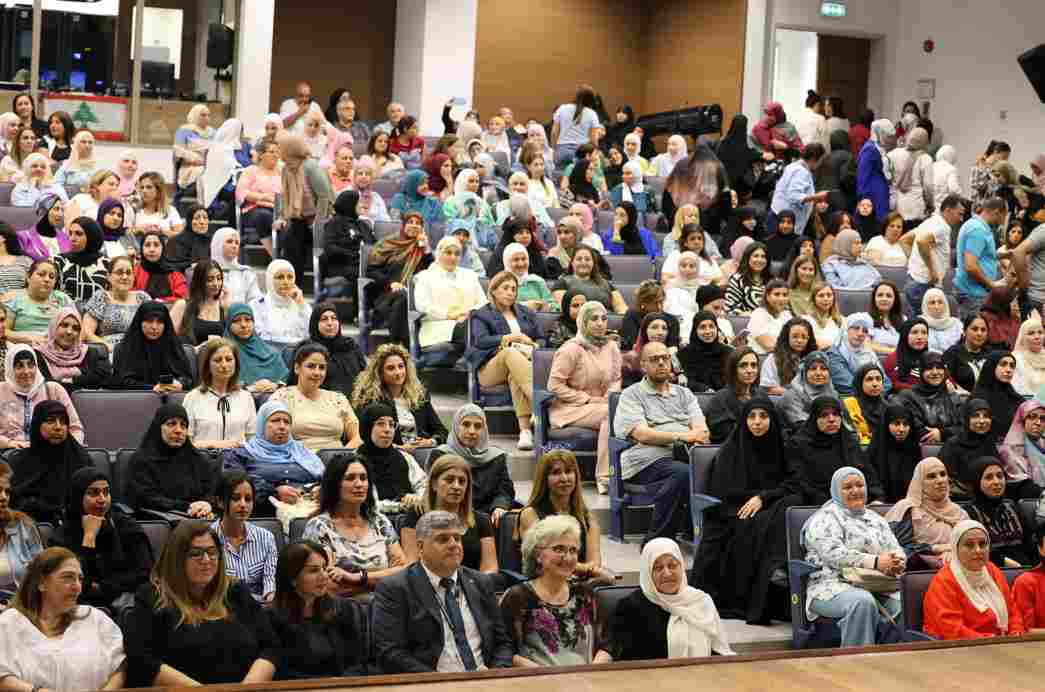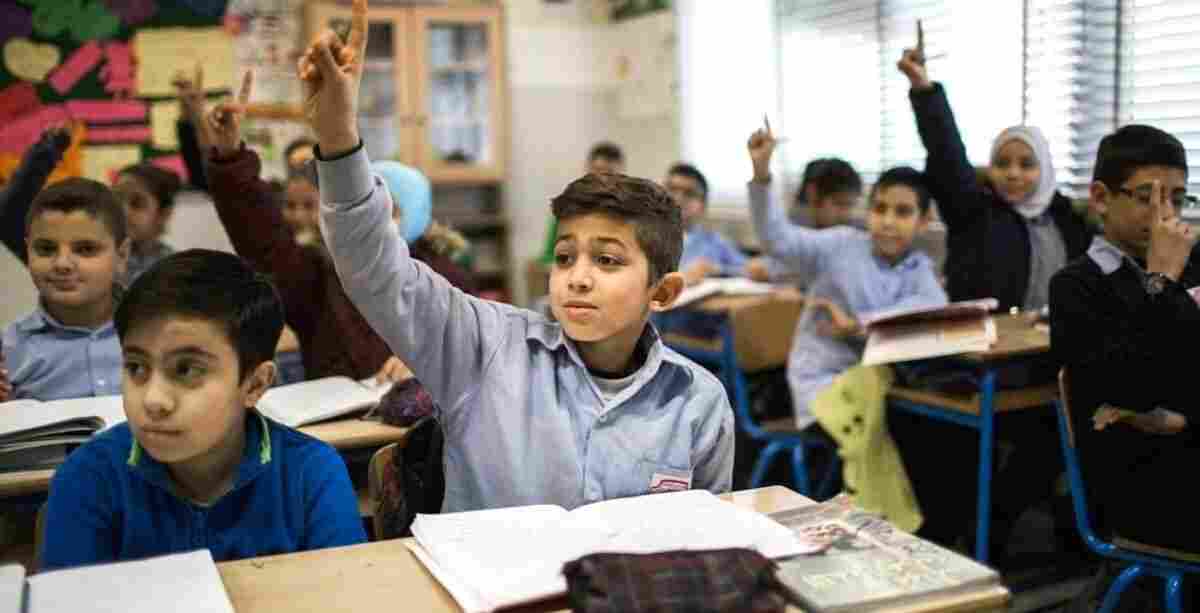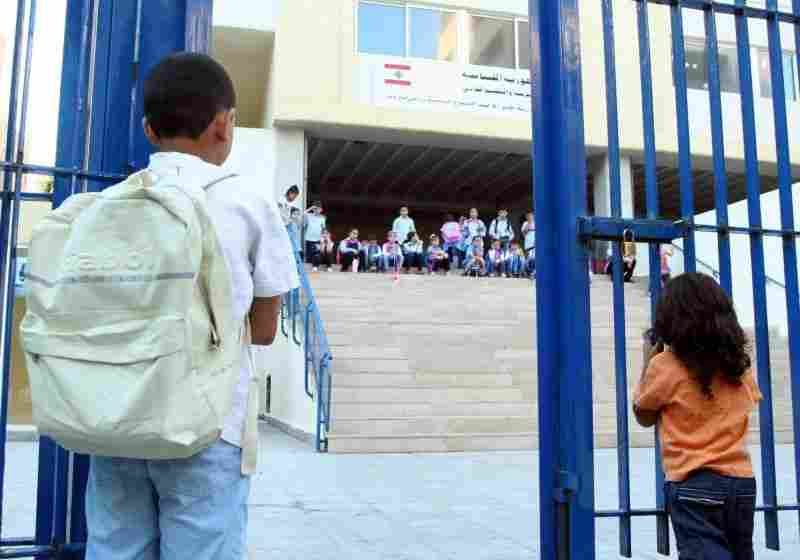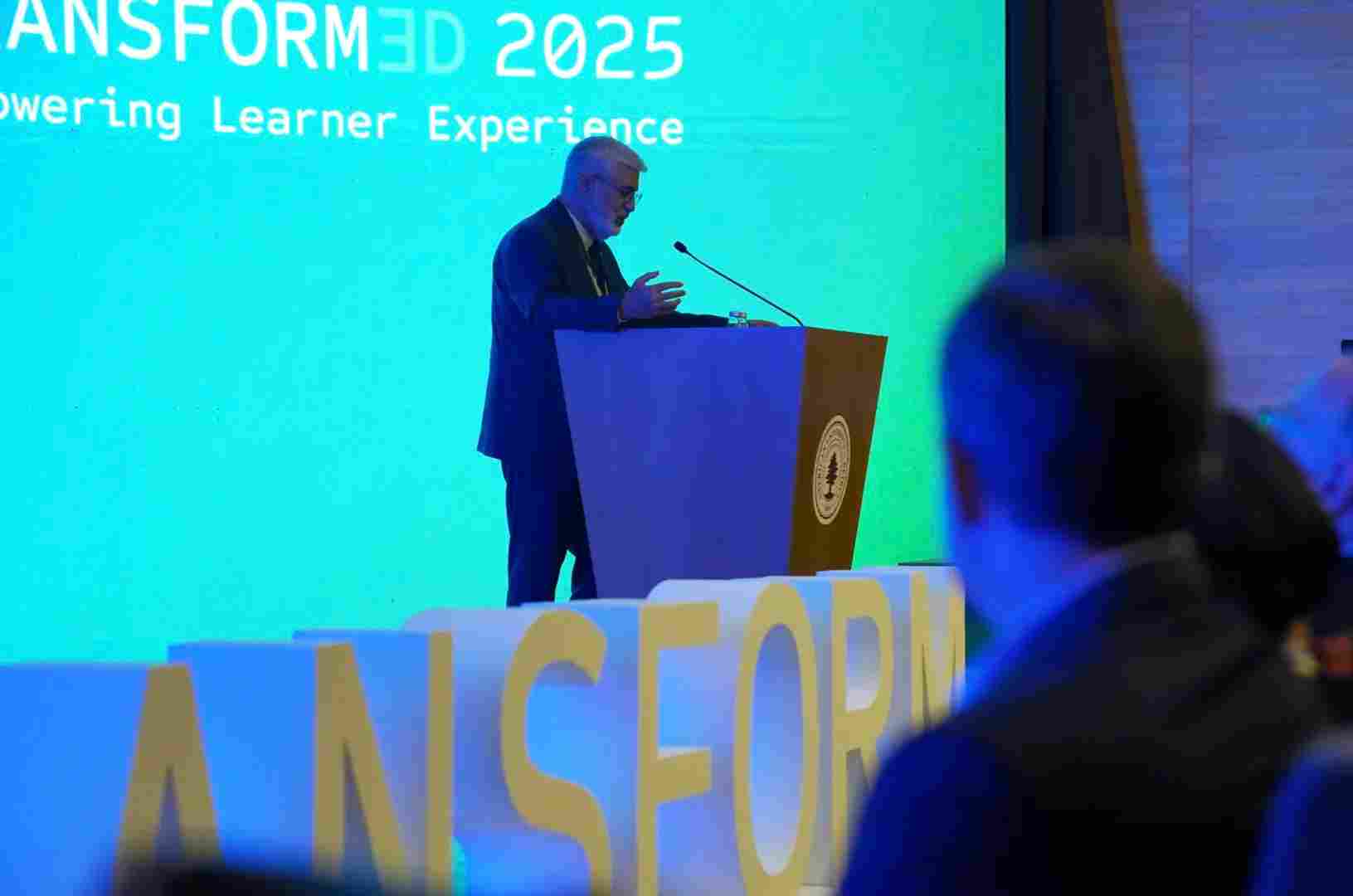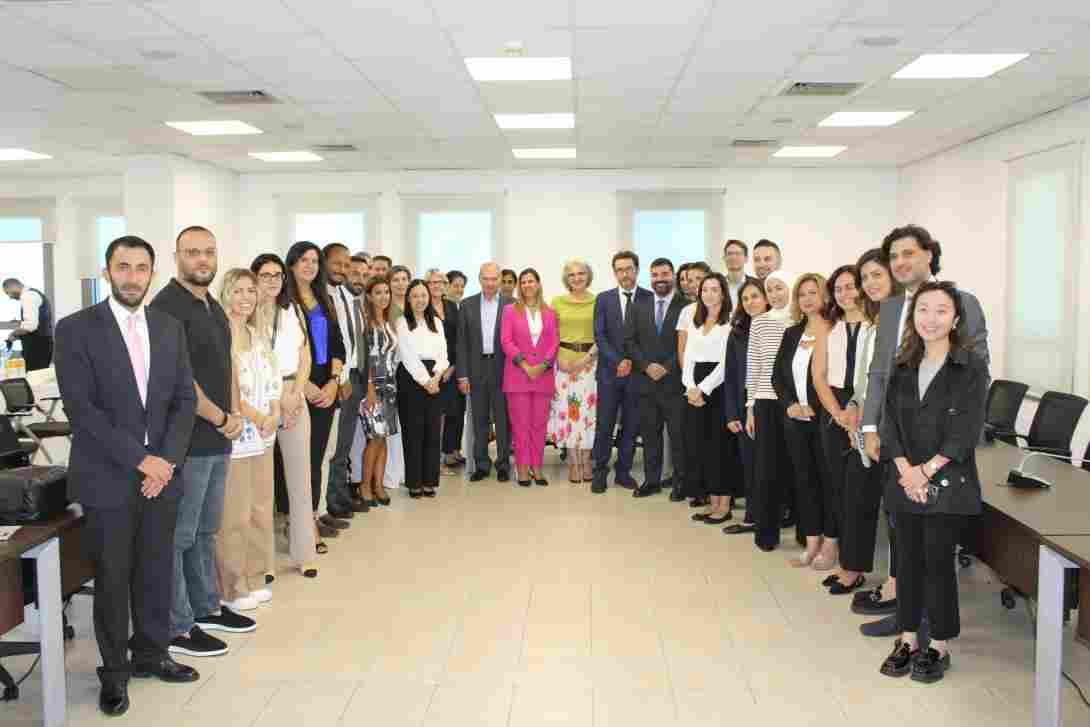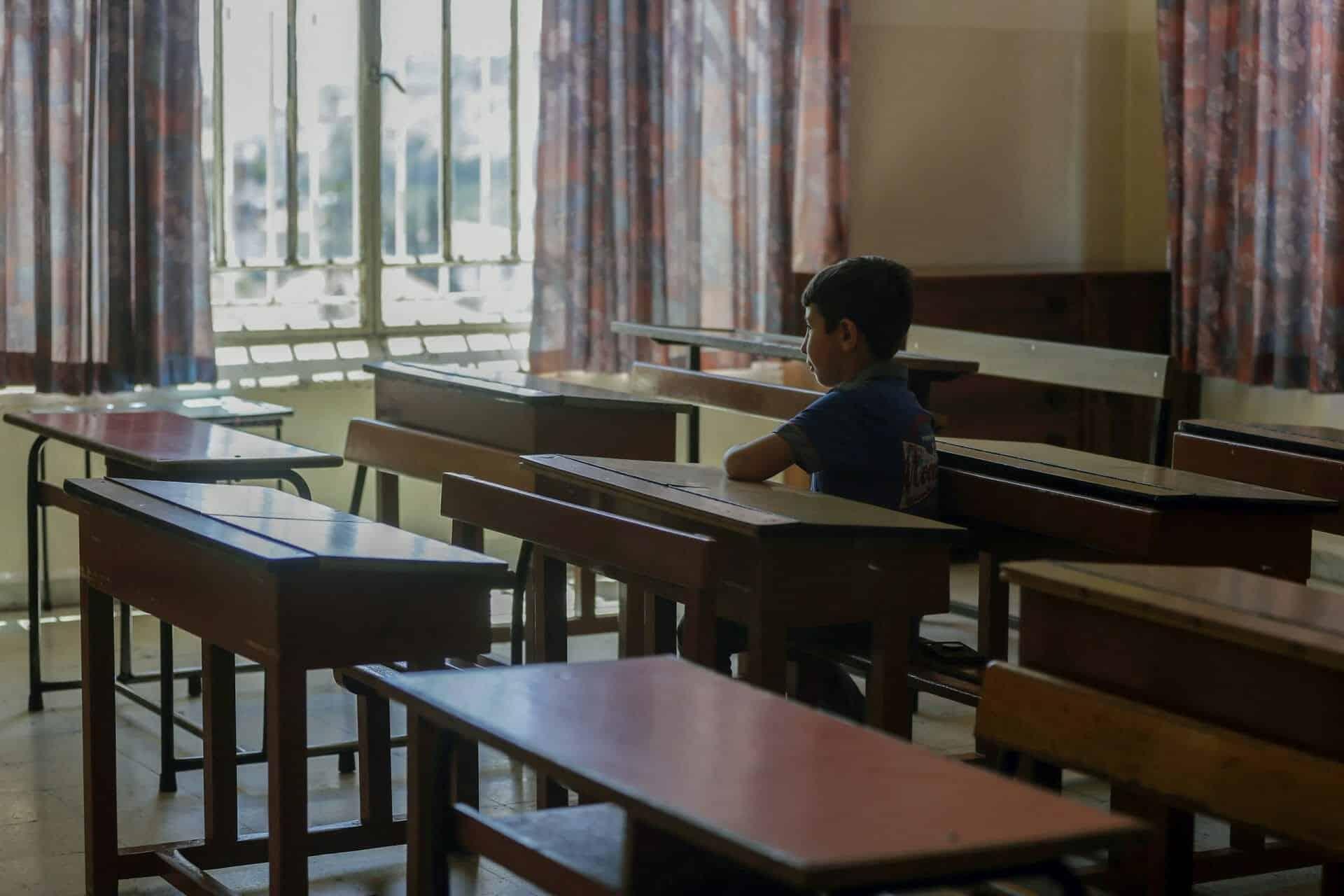
LEBANON (Enmaeya Features ) - October 24, 2025
In classrooms across Lebanon, students continue to demonstrate remarkable resilience and determination, pursuing their education despite living in a country that constantly challenges their mental well-being. Shaped by years of instability and conflict, these students carry invisible psychological burdens that profoundly affect their lives.
According to a UNICEF survey conducted in January 2025, 72% of caregivers reported signs of anxiety among their children during the 2024 war, a sharp rise from pre-war figures in 2023.
“We’re seeing rising signs of psychological distress, like anxiety, low mood, irritability, and trouble concentrating,” psychologist and psychotherapist Randa Wehbe, head of the Inclusion Department and school counselor at LWIS-AiS, told Enmaeya. “Some children express distress through physical symptoms such as headaches, stomachaches, or fatigue without clear medical causes, which are common signs of stress.”
Beyond their role as centers of learning, schools and universities serve as safe havens, offering stability and support for students’ mental and emotional health. Over the years, both public and private institutions have made efforts to promote mental health awareness.
Recognizing the urgent need, UNESCO, the Ministry of Education and Higher Education (MEHE), and the Embassy of Japan launched a comprehensive Mental Health and Psychosocial Support (MHPSS) program in Lebanon on October 10, 2025.
Supporting Students’ Mental Health
According to a UNESCO press release, the MHPSS program aims to support 10,000 students across 50 public schools, particularly those from marginalized and crisis-affected communities. It provides tailored psychosocial support to enhance learning continuity and emotional recovery.
As stated in the press release, Dr. Rima Karami, Minister of Education and Higher Education, emphasized that quality education requires a holistic approach. “Schools are not only spaces for instruction,” she said, “but places that nurture confident, well-rounded individuals who think critically and embody the values of participation and solidarity.”
The program also introduces age-appropriate materials for primary school students, trains teachers to integrate psychosocial support into daily teaching, and offers creative activities such as orchestral workshops with Beirut Chants El-Sistema, environmental projects, and team sports that foster social cohesion.
“Any program that targets mental or psychosocial support is essential, especially after the multiple challenges in Lebanon and in regions affected by the war, like South Lebanon,” clinical psychologist and founder of Khotwati, Natalie Raffoul, told Enmaeya. “The program should focus on issues such as bullying and lack of discipline, while highlighting the importance of respecting others, empathy, and self-esteem.”
Key Steps for Success
The success of the program is contingent upon several factors, including the ability of institutions and educators to execute it. This highlights the significance of training teachers to understand and implement it.
By equipping educators with tools to support learners affected by trauma and reinforcing their own well-being, the program creates a school environment that nurtures mental health and psychosocial stability.
“Teachers need practical, step-by-step training to recognize, respond to, and refer students in distress,” Wehbe told Enmaeya. “This includes recognizing common symptoms of mental distress, providing immediate support, and managing classrooms with trauma-informed approaches, like positive behavior supports and de-escalation techniques.”
Additionally, the program necessitates addressing the stigma around mental health in Lebanon.
“We are already heading in the right direction in Lebanon, as mental health has become increasingly discussed in the media and more people are seeking support,” Raffoul told Enmaeya. “Mental health is now a common topic both online and in traditional media, and we’ve observed a noticeable increase in the number of patients seeking help.”
However, Wehbe told Enmaeya that despite progress, significant barriers remain. “Cultural stigma, misunderstanding, fear of labeling, and low trust in services continue to pose challenges. A gradual approach, starting with practical supports like parent workshops, is most effective,” she said.
Looking Ahead: Impact and Expansion
Beyond its immediate scope, the program aligns with Sustainable Development Goal 4 (SDG 4), promoting inclusive and equitable quality education while emphasizing the psychosocial and emotional dimensions of learning.
As highlighted in the UNESCO strategy on education for health and well-being, education policies that integrate mental health and social well-being are essential for creating safe and supportive learning environments.
“Conducting studies at the end of the academic year will help measure progress and assess whether students have become more resilient and better equipped to address issues like bullying,” Raffoul told Enmaeya.
The program could also serve as a model for other crisis-affected countries, combining education, mental health, and creative approaches to support recovery and learning.
With continued support from educators, policymakers, and the international community, the MHPSS program could transform Lebanon’s schools into safe, nurturing spaces where all students thrive academically, emotionally, and socially.
